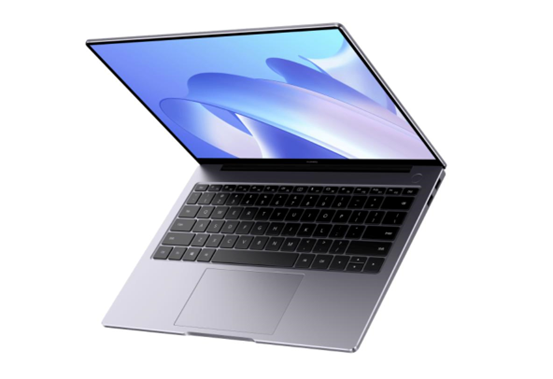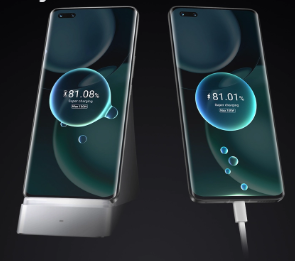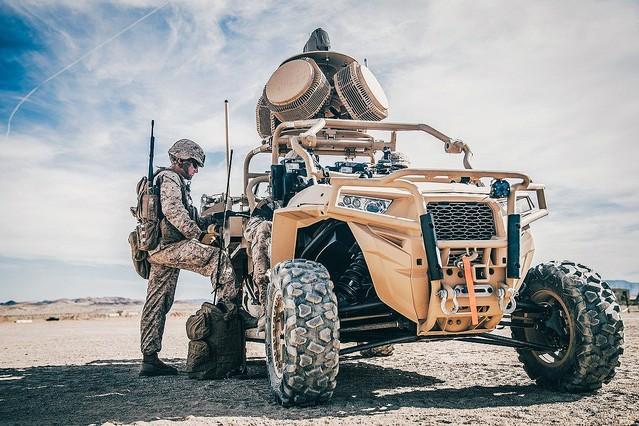Sustainable Brands Japan | Website of Sustainable Brands Japan "Become a Doctor of the Earth" What is Inoka's vision for the future that creates economic value for coral reefs?
"At this rate, 90% of coral reefs will disappear by 2040. I'll put it away." Tokyo University startup "Inoka" researches "environmental transport technology" that reproduces the habitat environment of coral reefs in aquariums. If it is realized, he will succeed in hatching eggs in Japan's first artificial coral spawning project, and will join the site inspection team when a Japanese-registered cargo ship ran aground off the coast of Mauritius. Youta Takakura, the company's CEO, says, ``If more people don't feel the economic value of coral reefs, they won't seriously try to protect them. By connecting it to research in other fields such as medicine, he is also trying to increase the economic benefits of nature itself. While working on technology development, ecological research, and education for elementary school students, we will approach the true face of a young entrepreneur aiming to change society. (Shinji Yokota) Coral reefs are inhabited by approximately 93,000 species, which account for approximately 25% of marine life. Considered to be the center of the marine ecosystem, in recent years it has also attracted attention as a “blue carbon ecosystem” that absorbs carbon dioxide from the atmosphere. However, it is predicted that nearly 90% of coral reefs will die out by 2040 due to global warming, environmental degradation, reclamation, and other factors. Inoka, a startup from the University of Tokyo with the purpose of "becoming a doctor for the earth," is working to protect such coral reefs.
Fusing IoT, AI, and an aquarium to artificially breed corals
"Inoka" was born from a room full of aquariums
Influenced by his grandfather and father, Mr. Takakura has been familiar with aquariums since childhood. After junior high school, she started raising tropical fish herself, and her "apartment when she was a student was full of water tanks, and the sound of air and heaters in the water tanks kept ringing at night." Also, after entering university, he publicly announced his goal of "creating a company that surpasses Apple". Like the company's founder, the late Steve Jobs, he wanted to bring about change in society by making full use of ideas and the latest technology, so he refined his programming skills and devoted himself to AI research. Developed an application for aquarists that is useful for recording and managing the breeding environment by entering photos and information of aquariums and fish while in school. Released in collaboration with GEX, the largest aquarium company (Higashi-Osaka City). realized.
However, at that time, my longing for entrepreneurship was ahead of me, and I thought, ``Are you going to devote your life to the aquarium? There was also a vague sense of unease. While continuing his AI research after entering graduate school, he also launched services in other fields, such as IoT conversion of household account books, but his hesitation deepened, saying, "I can do this even if I am not myself." The aquarium, which he had continued as a hobby, also fell into a state of abandonment, such as the fish dying one after another due to lack of time for management. Meanwhile, in the summer of 2018, I met Mr. Naoki Masuda, who is currently CAO (Chief Aquarium Officer) at Inoka. Having set up a 1-ton size aquarium at home and continuing trial and error through self-study, he has been able to reproduce the habitat environment of corals, which are said to be difficult to keep even in aquariums. Mr. Takakura, who experienced the difficulty of aquariums himself, said, "Aquarists possess 'craftsmanship' that cannot be learned through academic studies. If AI can learn this know-how, the hurdles for ecological research will be greatly lowered. It should be possible.” After graduating from graduate school in March 2019, he launched Inoka in April, and since then has been striving to develop environmental transfer technology. What triggered the spotlight was the artificial spawning project for corals in aquariums. If this happens, it will be the first in Japan and the fourth in the world. The result was a failure due to poor health of the coral, and Mr. Takakura said, "We still haven't been able to perfectly reproduce the ocean environment. We need to maintain a more accurate and appropriate condition at all times." However, the challenge by a startup with an office in the city center was covered in newspapers and on TV, leaving a positive response. Another turning point was the heavy oil spill that occurred off the coast of Mauritius in 2020. As concerns about the serious impact on ecosystems have been reported worldwide, we have decided to participate in the "Natural Environment Protection and Restoration Project" led by Mitsui O.S.K. "It was my first time working in the world and conducting field research," Takakura recalled. Contrary to my imagination, however, what I actually saw was the lack of interest in coral reefs among local residents. Not only is there little talk about accidents, but I also saw people enjoying marine sports near corals without worrying about damage caused by contact. "We need to raise people's awareness of protecting nature, rather than simply improving technology to protect ecosystems." It was an opportunity to reconfirm the necessity of education as well as research and development.
If a company moves, the world will change
Since its founding, Inoka has been involved in several educational projects, such as visiting classes that introduce the mechanisms of coral reefs and ecosystems to elementary schools. Among them, "Yokohama Coral Reef Lab" at the company's commercial facility "Mitsui Outlet Park Yokohama Bayside", which has been ongoing since 2020 in cooperation with the Mitsui Fudosan Group, is the highlight. Mr. Takakura continued his approach to "implement an educational program together" and realized it, and it consists of four times, once a month. For elementary school students and others, they conduct workshops for sketching creatures, planting corals, and thinking about ideas for protecting the ecosystem, and are now in their third term. Takakura was surprised by the self-directed research activities of the participating elementary school students. For example, a second-grade elementary school student voluntarily conducted a survey asking, "Are you interested in corals?" It is said that there was also a person. “By learning together with children, there are things that we can realize, and we can make more friends in the future. We cannot complete our research on our own, so we want to pass our efforts on to the next generation.” It is said that he felt the significance. In the future, we are determined to expand our education business nationwide. Two years after its founding, Inoka now has about 10 employees. Mr. Takakura confesses, "The more we do it, the more difficult it is to achieve what we want to achieve. I'm worried about whether we can really make it by 2040 (where 90% of coral reefs are said to have disappeared)." . On the other hand, however, I am convinced that coral research can be applied to research in other fields. INOKA's goal is to create a society where technology shortens the distance between people and nature and creates mutual benefits. "It's a tremendous amount of work, but we can see the path forward. Innoca must continue to grow and become a company that tens of thousands of people support. If the country moves, the world will change its awareness of protecting nature.”








